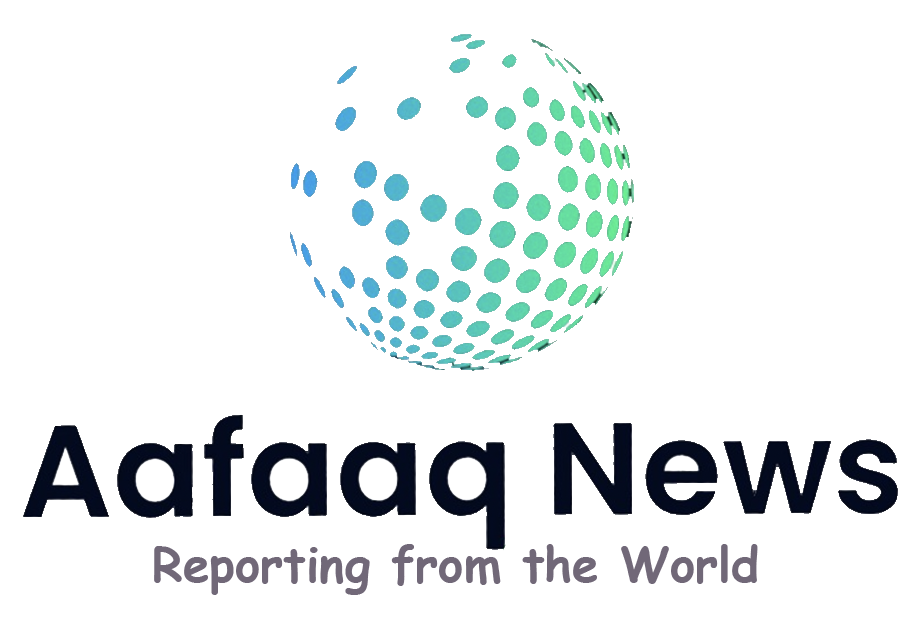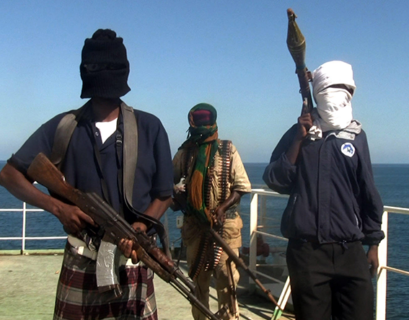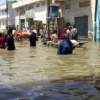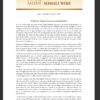The World Health Organization (WHO) has announced the launch of a critical new project aimed at reaching nearly 900,000 Somalis with life-saving interventions by 2024. This initiative targets individuals who continue to suffer from the impacts of severe climate events, such as floods and droughts, that have ravaged the country. While this project represents a significant effort to address urgent health needs, it also casts a glaring spotlight on the systemic failures and persistent inadequacies of the Somali government.

Chronic Climate Crisis and Health Emergencies
Somalia has been a theater of climatic extremes, oscillating between devastating droughts and catastrophic floods. These events have not only wreaked havoc on agriculture and livelihoods but have also precipitated severe health crises. The WHO’s project aims to mitigate these health impacts by providing integrated health and nutrition services in 15 flood- and drought-affected districts across the country. A significant component of this initiative is strengthening the referral linkages between communities and health facilities to improve access and quality of critical care, especially for children with severe acute malnutrition.
Ongoing Cholera Outbreak: A Testament to Systemic Failures
One of the most pressing health issues exacerbated by these climate events is the ongoing cholera outbreak. The December 2023 floods, in particular, decimated sanitation facilities and led to widespread displacements, creating a breeding ground for cholera and other waterborne diseases. The WHO’s intervention includes efforts to strengthen prevention, early detection, and response to such outbreaks at the district level. However, the persistence of cholera highlights the chronic neglect and mismanagement by the Somali government.
The government’s inability to develop and maintain robust sanitation infrastructure, despite repeated climate warnings, has left millions vulnerable to preventable diseases. This negligence is not only a public health failure but also a stark indicator of broader governance issues that plague the nation.
Health System Resilience: A Daunting Challenge
The WHO’s focus on enhancing health system resilience is a commendable goal, but it also underscores the Somali government’s longstanding deficiencies in this area. Decades of conflict, corruption, and inadequate investment have left the health sector in shambles. Health facilities are often under-resourced, understaffed, and ill-equipped to handle the frequent and severe health emergencies that arise from climatic and other crises.
While international aid, such as that from the WHO, provides critical short-term relief, it is not a substitute for a functioning and responsive health system. The reliance on external interventions highlights the urgent need for the Somali government to prioritize health system strengthening as a cornerstone of national development.
The Role of Governance in Addressing Climate and Health Crises
Effective governance is essential in addressing the intertwined challenges of climate change and public health. The Somali government’s track record, however, has been marred by inefficiency and a lack of political will. The frequent climate shocks that Somalia experiences require a proactive and coordinated response, something that has been glaringly absent.
The WHO’s project includes collaboration with Somalia’s Ministry of Health and Human Services, which is a step in the right direction. However, for these efforts to be sustainable and impactful, the Somali government must demonstrate a commitment to reform. This includes investing in health infrastructure, improving water and sanitation services, and implementing robust disease surveillance systems.













